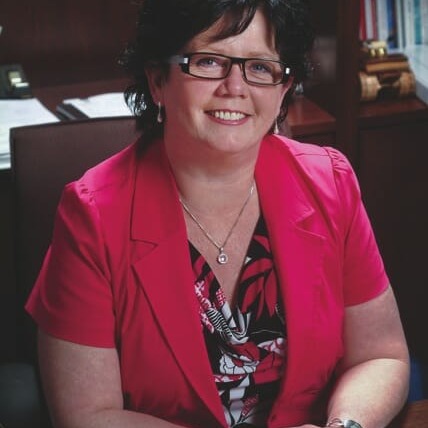
A second union is threatening to strike over proposed changes to the Dalhousie Pension Plan. Nova Scotia Government and General Employees Union (NSGEU) has begun a strike vote, which will end on March 5.
Conciliation between members of NSGEU Local 77 and Dalhousie University broke off Feb. 21. The union represents over 840 administrative, Information Technology support staff and library staff at the university. NSGEU Local 99, the university’s custodial staff, will likely follow suit. Together, Local 77 and 99 represent over 1,100 Dal employees.
The NSGEU has asked the conciliator to withhold from filing his report while the union polls its members. Following the completion of the conciliator’s report, NSGEU must wait at least 14 days before striking. The administration has called for a return to conciliation.
Joan Jessome, president of the NSGEU, says it is possible that both the Dal Faculty Association (DFA) and the NSGEU, which together total close to 2,000 Dal employees, will be on strike simultaneously.
However, the NSGEU “is not coordinating with the DFA,” says Jessome, “not that we don’t want to.” She says the two unions are not in the same position in negotiations. But a strike by the NSGEU on its own would inhibit “teaching to a point,” which Jessome says would be a very big problem for the university as March is the financial year-end.
Charles Crosby, spokesperson for Dal, says that he cannot speculate on the effect an NSGEU strike, nor a simultaneous NSGEU and DFA strike, would have on students. But he says he is hopeful that a strike can be avoided and that the administration’s priority is to complete the term.
Pat Power, the director of Networks and Systems at Dal, says that web services—such as OWL, Dal Online and email—will eventually be cut back in the event of an NSGEU strike.
Donna Bourne-Tyson, chief librarian at Dal, says library facilities will still be available to students.
Crosby says the “sticking point” for both the DFA and the NSGEU is the proposed change to the governance structure of the pension plan. The administration’s negotiating team made their monetary offer “contingent upon obtaining an agreement on a Jointly Sponsored Pension Plan (JSPP).” The draft proposal presented to the NSGEU on the final day of conciliation was identical to the proposal rejected by the DFA on Feb.15.
Jessome says the NSGEU is not opposed to jointly sponsored benefits plans.
“With certain protections, joint trusteeship is a good thing,” she says. However, the NSGEU doesn’t want to assume responsibility for a plan as underfunded as the DPP.
“We spoke with our legal council, and they advised us not to go that route,” says Jessome. She says the NSGEU is “not entering a plan that’s not fully funded off the bat.”
The Dal Pension Plan currently faces a $120 million ongoing deficit and a $270 million solvency deficit. The university has said that the move to a JSPP is critical because the plan is underfunded. Under the Pensions Benefits Act passed late last year, the move to a JSPP would exempt the university from making annual payments of up to $72 million into the plan to address the solvency deficit.
However, Jessome says that the board is using the solvency issue as leverage and that Dal is “marrying governance and solvency issues together unnecessarily.”
The NSGEU believes that the pension plan should be granted a solvency exemption by the province regardless of its governance structure.
Jessome says the NSGEU believes the legislation should treat university pension plans differently than other plans. The DFA and the administration both argued the same point earlier this year.
Because the pension plan serves as the retirement vehicle for the vast majority of the university’s employees, any change in the governance structure of the pension plan will require the consent of both of the NSGEU Locals and the DFA.
“Everyone is impacted,” by the proposed changes, including the members of the administration’s bargaining team, says Crosby. However, he says that the university is “not at the point for multilateral negotiations” between the various groups. The administration wants to find a framework for an eventual agreement during contract negotiations.







